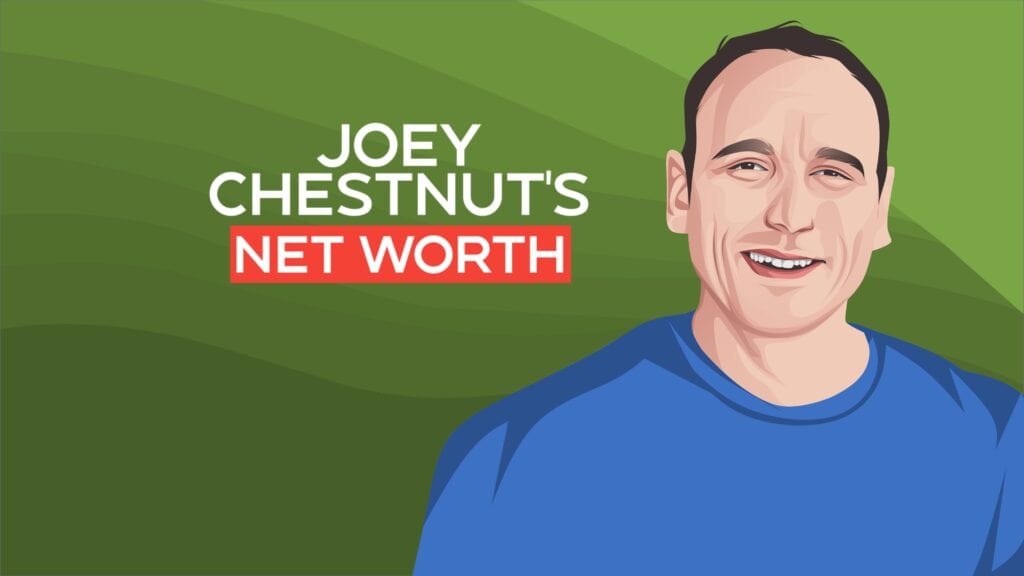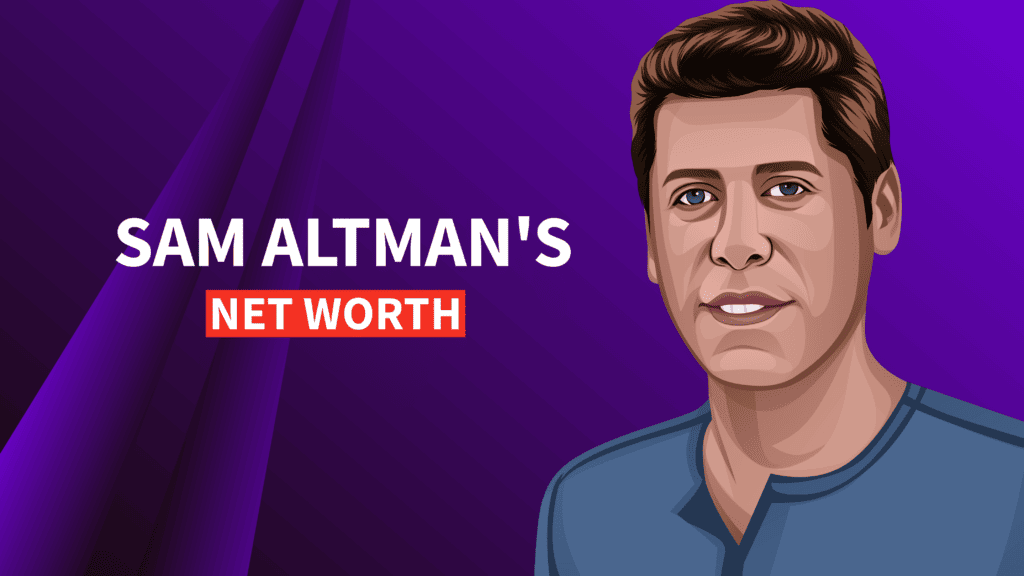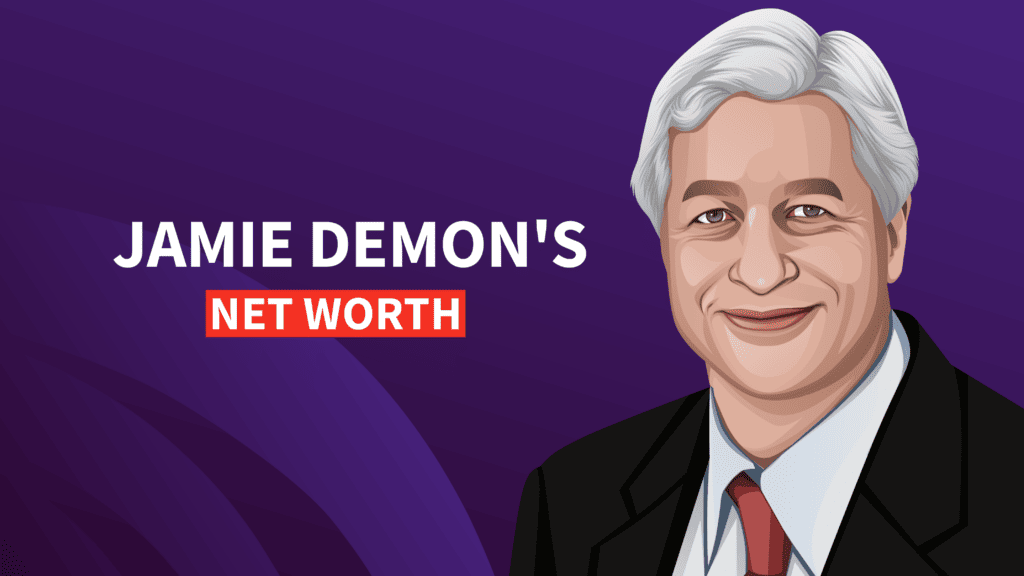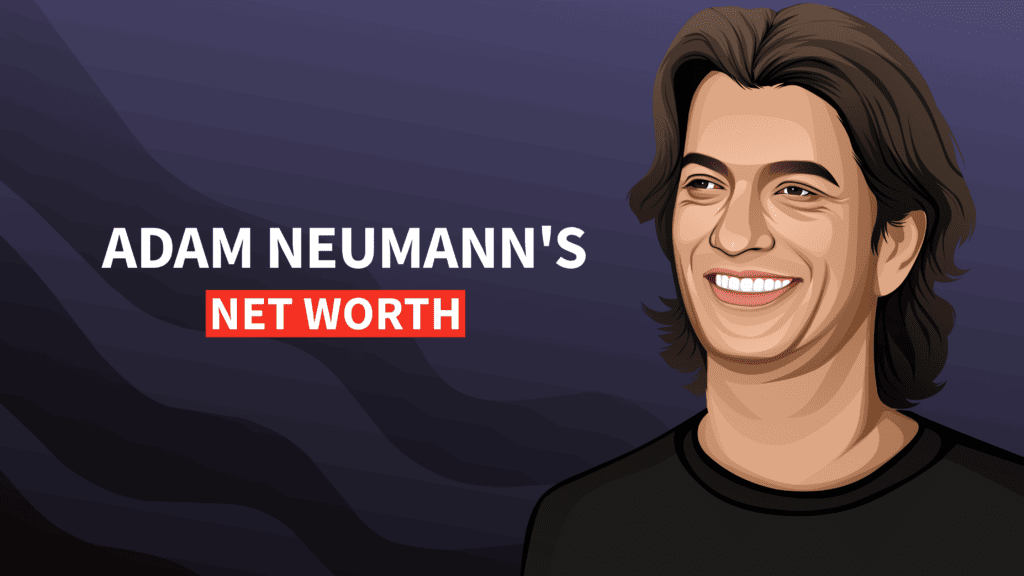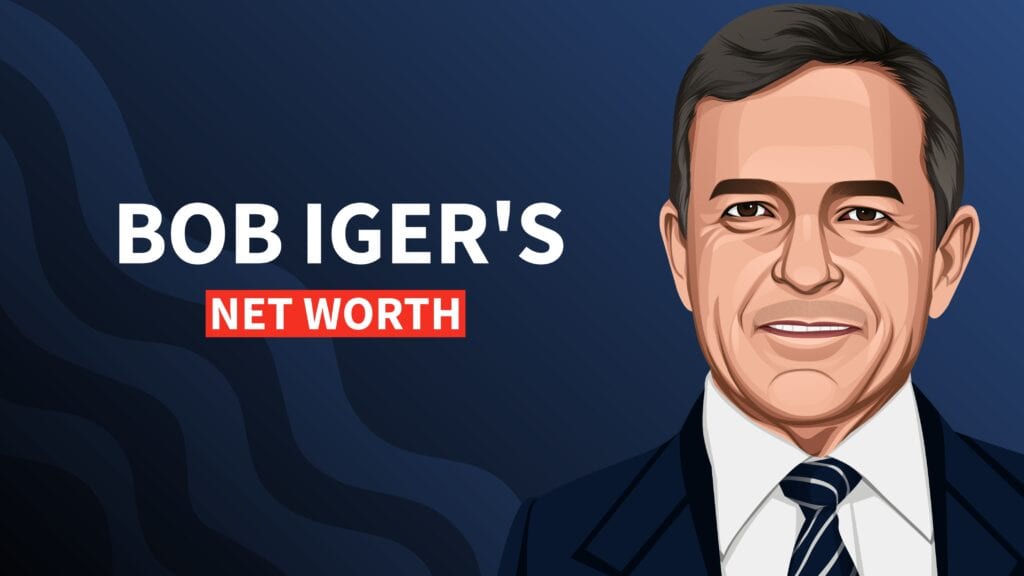From Wall Street to Main Street, we know and respect Warren Buffett for being the greatest investor of our time. The $101.5 Billion Man also happens to be 91 years old and still enjoys Cherry Coke (Yes, the full-sugar one), McDonald's breakfast, and, as always, investing.
Buffett has been the subject of documentaries, dozens of books, and is the source of numerous quotes investors consider as sacred as scripture. In addition, his holding company, Berkshire Hathaway, hosts an annual meeting referred to as “Woodstock for Capitalists,” where people camp out to be early for prime seats. It's no mystery why Capitalists align quite well with Buffett and his outlook on wealth and life. As a result, many anticipate Berkshire Hathaway's annual letter and read it cover to cover to soak up every bit of valuable information and perspective in it. Nearly 2 million subscribe to his personal Twitter account.
Forbes Reports: $101.5 Billion
Here’s some context on Warren Buffett's net worth:
- His fortune is more than the GDP of Costa Rica
- His net worth 10x greater than George Soros and 5x Bridgewater Chairman Ray Dalio
- He could give every American $250 and still be worth millions
- Berkshire Hathaway is on track to make over $12million/day or $500,000/hour in dividends
While all of these tidbits are common knowledge, the story of how he built his massive wealth and the companies that contributed the most to it are less so. While most know Buffett in connection with Berkshire Hathaway, few realize that Berkshire owns more than 60 operating companies.
It's acquired brands like Duracell Batteries, Kraft Heinz, Dairy Queen, and Geico Insurance (yes, the one with the English Cockney accented lizard). Many of America’s most iconic brands are under the Berkshire umbrella. Even fewer realize that his story as an investor and his personal commitment to capitalism began about eight decades ago. His path to success is perhaps more enlightening than his current cult status.
Early Life and Education Information
It really is ironic that the greatest investor of all time was born the year after the worst stock market decline in history. Born in the early days of the Great Depression in Omaha, Nebraska, Buffett showed an early interest and talent for investing. Warren Buffett's father started a stock brokerage firm at the peak of the depression. In his office, he had a library with dozens of books on investing. Buffett read every single book in his father’s office as a young man, some more than once. By age 11, he was already investing in stocks. By 12, he was filing taxes and running a successful pinball machine business. It was during this time that Buffett found the wealth miracle of compounding.
He often quotes Albert Einstein, falsely credited with saying: “Compound interest is the 8th wonder of the world.” As a young boy, Buffett would handwrite compounding tables on various businesses that he considered for investment. He loved to visualize how earnings reinvested beget more earnings. Done consistency over time, and in the case of Warren Buffett’s net worth, over half a century, the results are staggering.
A quick example of compounding.
In the 2018 Berkshire Hathaway Shareholder Letter, Buffett recounts how if his first investment ($114.75, a sum equivalent to over $2,000 today) at age 11 went into an S&P 500 no-fee index fund, it would be at net $608,011.00 at the time of his letter. That is with all dividends reinvested and with no additional capital added. That is a gain of 5,288 for 1. Compounding is interest on interest, return on return. Opt to rinse and repeat with sound investments for over 50 years, and you reach $88 billion.
To Buffett, the principle extends beyond the accumulation of corporate earnings and dividends. It transcends growing numbers and has become a philosophy for business and life. His effort, experience, and expertise all compound year after year as well yielding greater success.
Buffett graduated high school at 16 and needed some convincing from his father to attend college. He was making good returns investing in stocks and felt higher education would waste his time. However, his father’s insistence prevailed. He studied business at the University of Nebraska and applied to Harvard Business School. Warren got a rejection letter, a decision that to this day makes the Harvard endowment shudder.
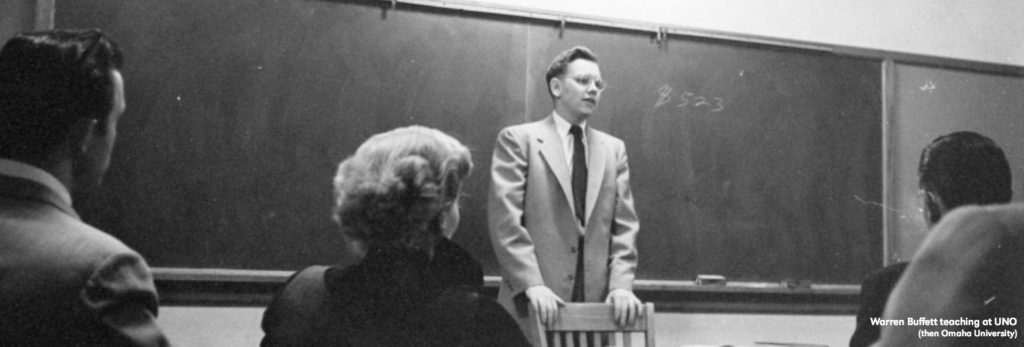
He would later say that Harvard Business School's rejection letter was one of the greatest things to happen to him. His rejection from Harvard's program led him to attend Columbia University, where he found his greatest mentor: Benjamin Graham.
The Value of Mentorship
Buffett worked under the great “Value Investor” Benjamin Graham following his education at Columbia. No one influenced his style, subsequent success, and longevity more than Graham. Graham’s book, The Intelligent Investor, is often cited as influencing Warren Buffett’s path the most, and millions have read it. It continues to influence Wall Street’s brightest.
Value investing, in a nutshell, is like discount shopping. Your goal is to buy high-quality assets when their price is below their value (i.e., at a discount). Then, as the market realizes a discount is present, buyers purchase the stock until the price matches or exceeds the value. The definition is simple, yet the practice is difficult.
Berkshire buys assets with strong brands (think Coke, Kraft, Heinz, and Geico), generating huge cash flow. While Buffett prefers to own the companies outright, he leaves management in place. In Warren's letters, he often compliments the leadership of the operating companies, who are all worth millions. These companies have management that has been in place for decades, which is one of the keys to Berkshire's continued year over year success.
Why Berkshire Hathaway Has a Sterling Reputation
Its shareholders and subsidiaries have a deep respect for the firm. Buffett has built a culture where reputation matters. In his view, it takes decades to build and minutes to ruin a reputation. It’s important to note that his personal reputation does not hinge on being right all the time. On the contrary, it is owning up when you are wrong. His letters mention his best decisions as well as recounting his worst ones. He makes a point to educate his shareholders about what he has learned and how he will be different in the future.
During the junk bond crisis, Buffett bought a large stake in Salomon Brothers, the leading bond trader on Wall Street at the time. When a scandal broke out, Buffett took over as chairman of the firm. In an appearance before Congress, Buffett, under sworn testimony, recounted how he advised all members of the firm to protect its reputation. He told them to consider if whatever they were doing were to end up on the cover of the Wall Street Journal or in Forbes, would they still do it. He promised that he would be understanding if they lost money but ruthless if they tarnished its reputation.
This style learned from Graham would lay the foundation for what would make Berkshire Hathaway so successful. Buffett's reputation would also draw his other great influence and partner: Charlie Munger.
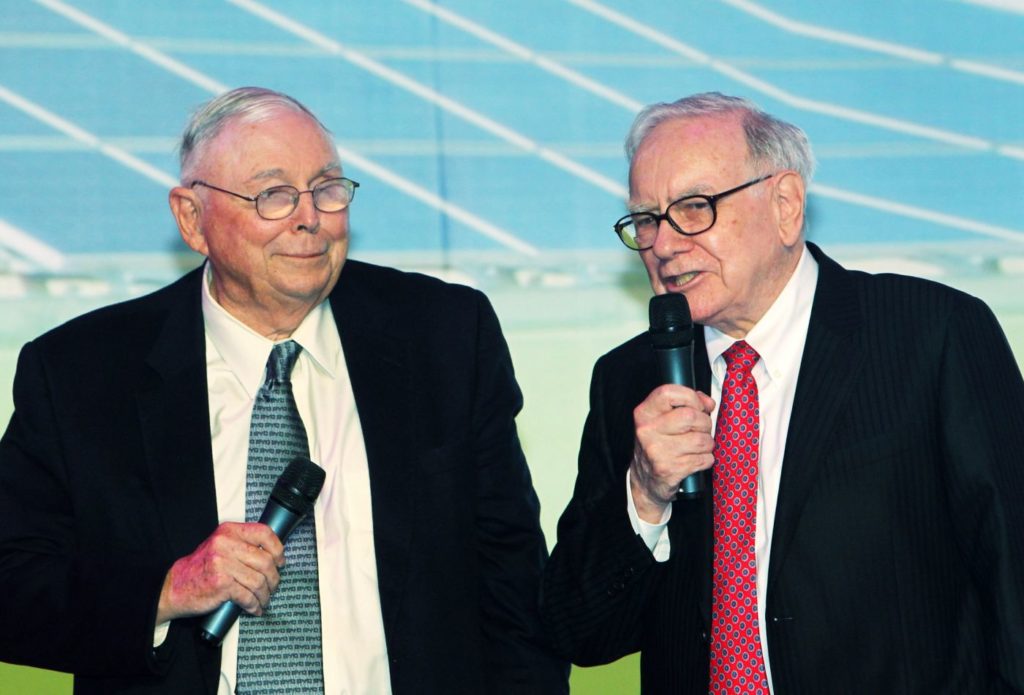
The Power of Partners: The Birth of Berkshire
Charlie Munger, an Omaha native and the Vice Chairman of Berkshire Hathaway, is no second fiddle to Buffett. The brilliant Harvard-educated lawyer is a billionaire, Buffett's personal friend, advisor, and longest-running business partner.
Munger also had a very important influence on Buffett’s investment style. Buffett learned from Graham to buy fair businesses at wonderful prices. Over time, these businesses, good or bad, would generally yield a return if they were bought cheap enough. Graham referred to this principle as “The Margin of Safety.” Buffett has publicly stated that Munger helped him see how the return on investment could be augmented and their business better scaled by buying wonderful businesses at fair prices. Without Munger, Berkshire Hathaway would never own the iconic companies that it has today.
Buffett has stated numerous times that he and Charlie have never argued once in 40 years of partnership. What is there to argue about when, decade after decade, you create billions in shareholder value?
What makes their partnership work so well?
- Shared Experience: Both are Omaha natives, and both worked in the same grocery store Buffett's grandfather owned
- Complimentary Skills: Munger has a law degree and Buffett an MBA
- Avid Readers: Buffett and Munger are both known to be voracious readers and are ardent supporters of lifelong learning
- Mutual Respect: Both men are geniuses in their own right, but respect the views and experiences of the other
Quick FAQs about Warren Buffett
- What was Warren Buffett's net worth at age 30? $1 million
- Does Warren Buffet Own McDonald's? Yes. Well, not personally. And he still pays for his breakfast.
- What made Warren Buffett a billionaire? When Berkshire Hathaway started selling class A shares.
- When did Warren Buffett become a billionaire? May 29, 1990
Warren Buffett Defends Capitalism
Buffett, at a 2019 shareholder meeting, said, “I am a card-carrying capitalist.” He has in numerous shareholder letters argued that goods and services continue to decline in price thanks to the innovation of capitalists, American ones in particular.
Price of goods is one thing... the share of the wealth pie, quite a contentious other. In his 2015 shareholder letter, Buffett stated that all children born in America today “are the luckiest crop in history… and regardless of what portion of the pie you garner... nothing rivals the market system in producing what people want – nor, even more so, in delivering what people don’t yet know they want.”
Think of what Amazon Prime has done to retail markup (hint: it eroded it), what Uber has done for taxi fares (downward pressure). Think of what Airbnb has done for hotel fares (who would have thought staying with strangers would be such a growth business?). And think of what Bitcoin and blockchain are doing for the flow of funds worldwide, circumventing banks and their fees. Buffett is right. Left on its own, we can watch capitalism and its market forces raise the standard of living just as a rising tide lifts all boats.
You can immerse yourself in bits of the Oracle's wisdom by following him on Twitter.
Buffett Remains Bullish on America
He writes :
For 240 years, it’s been a terrible mistake to bet against America, and now is no time to start. America’s golden goose of commerce and innovation will continue to lay more and larger eggs. America’s social security promises will be honored and perhaps made more generous. And, yes, America’s kids will live far better than their parents did.
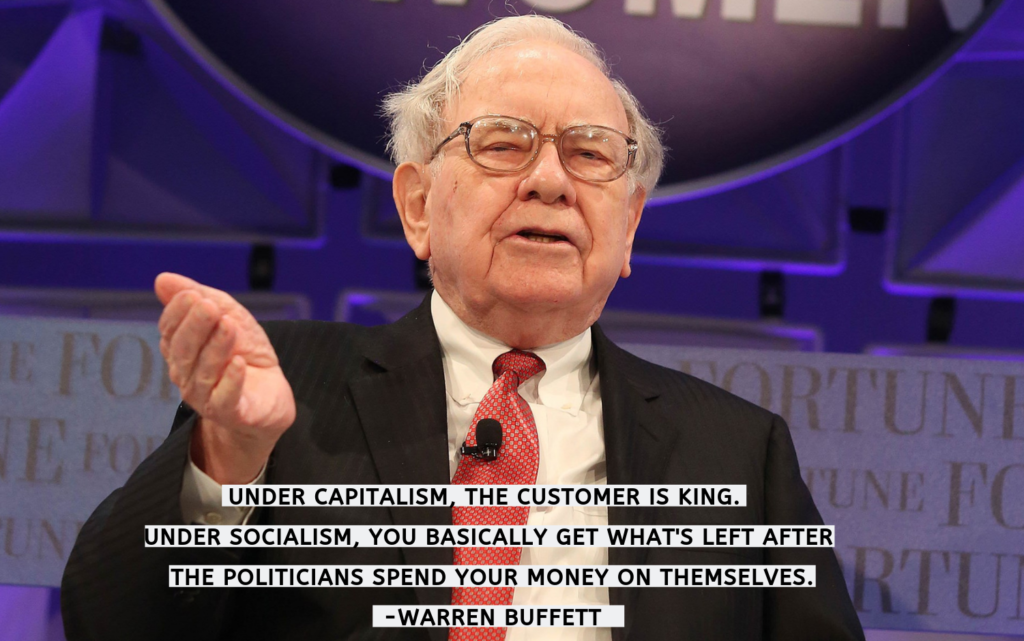
Despite being Chairman of Berkshire Hathaway, Warren Buffett earns a $100k/year salary. It's been the same for 25 years. He lives an incredibly frugal life despite his wealth. He lives in the same house he purchased long before fame or billions. On his 5 minutes drive to the office, he stops at McDonald's and pays with exact change for breakfast, $2.61 if the market is down, and $3.17 if it's up.
While it is true that 99% of his wealth comes from shares in Berkshire Hathaway, he has also promised to give all his Berkshire Hathaway stock to charity. He joined 211 other billionaires in committing to the Giving Pledge. Who else is on the Bloomberg Billionaires List and the Pledgers List?
Wealth and Net Worth Are Not Everything
Warren Buffett would not be Warren Buffett if a passion for money alone drove him. His wealth makes him the ninth wealthiest person in the world, behind Elon Musk, Jeff Bezos, Bill Gates, Bernard Arnaud, and Mark Zuckerberg. If he were driven by money alone, perhaps he would have retired after his first $100 million or first billion.
He could pay himself billions a year like a hedge fund manager, and no one would bat an eye, given his track record. Yet he doesn’t. Warren pursues something far more valuable and sustainable than a drive for money: Passion. His success is a byproduct of his passion, not a drive for money.
Buffett’s personal passion goes beyond money, material possessions and even prestige. If you pressed him, most wouldn’t be surprised if he admitted he would do what he does for free…but… free doesn’t yield a very exciting compounding table.
Longing to Build Vast Wealth for Your Family?
That's our specialty inside the Capitalism Incubator. Warren Buffett's business passion is investing. But if yours is serving a specific audience by creating products that solve a problem they face, building a physical products brand may be the way to go for you.
Inside CapInc, we help entrepreneurs build seven-figure businesses they can sell for an eight-figure exit. With that kind of payday, you might channel your inner Warren and invest in the market. Or, you might invest in crypto, real estate, or other new businesses.
Building that kind of business requires connections (we've got them to share), funding (we've also got investors who are looking for opportunities), and a solid strategy to build fast (we're there with you the whole way).
Here's where you can find out more and apply for the Capitalism Incubator.


